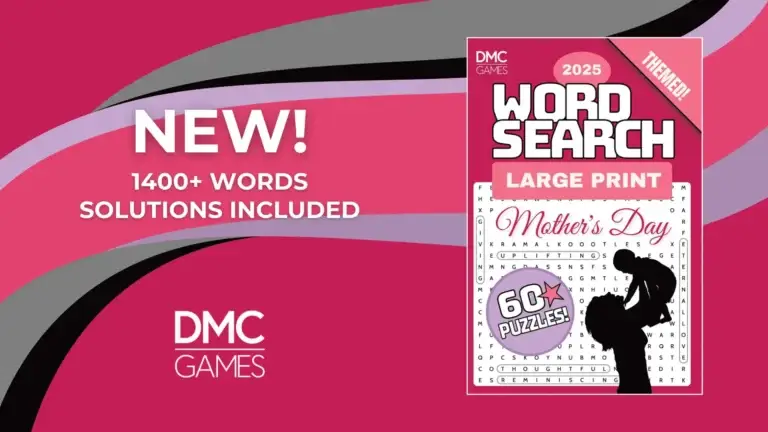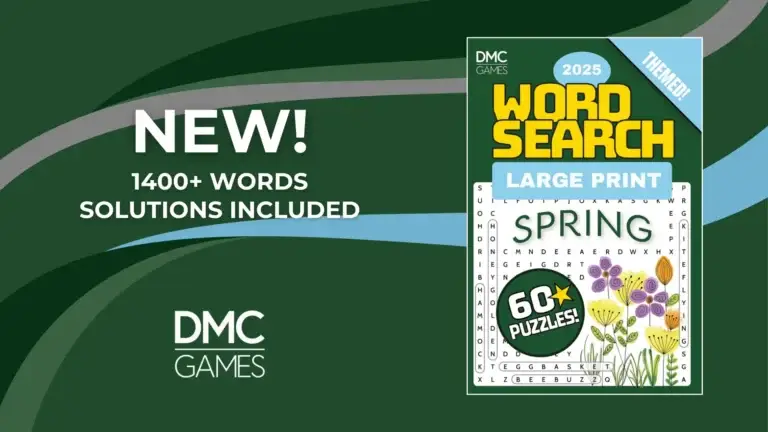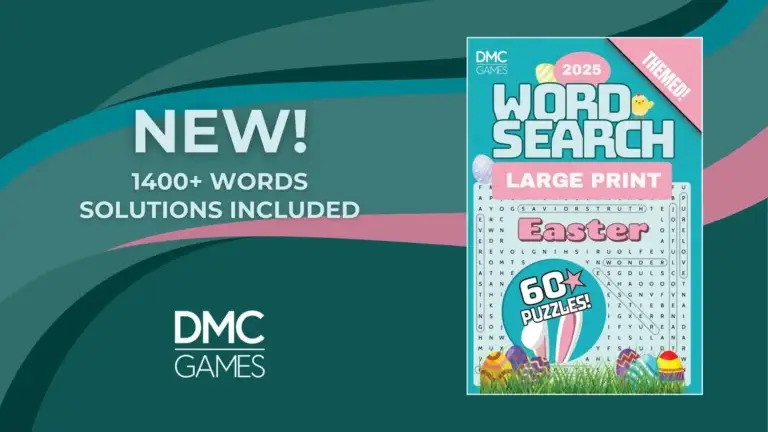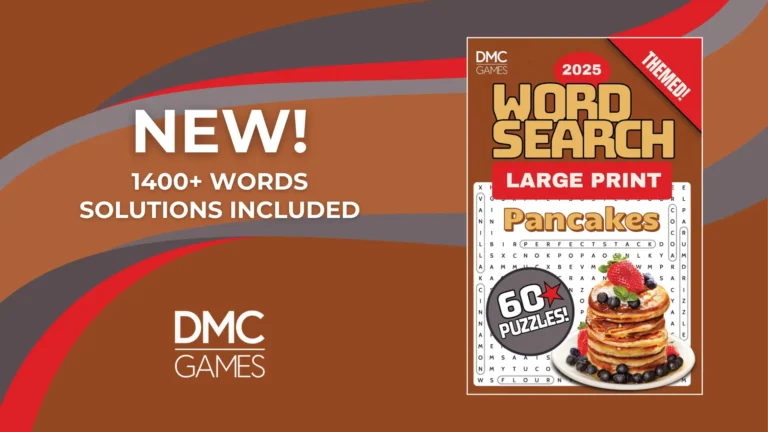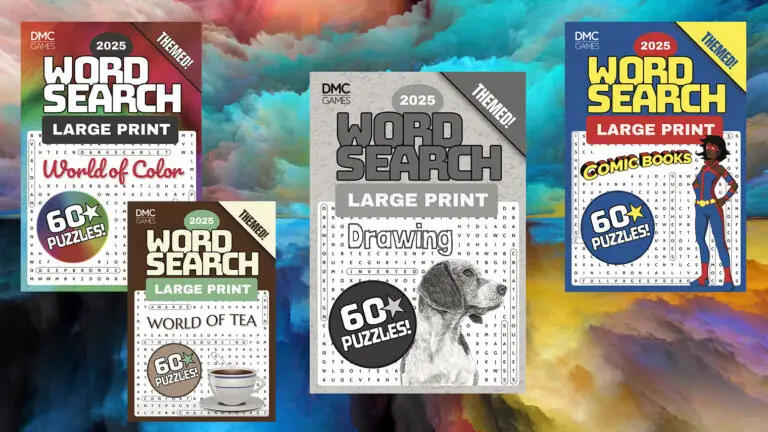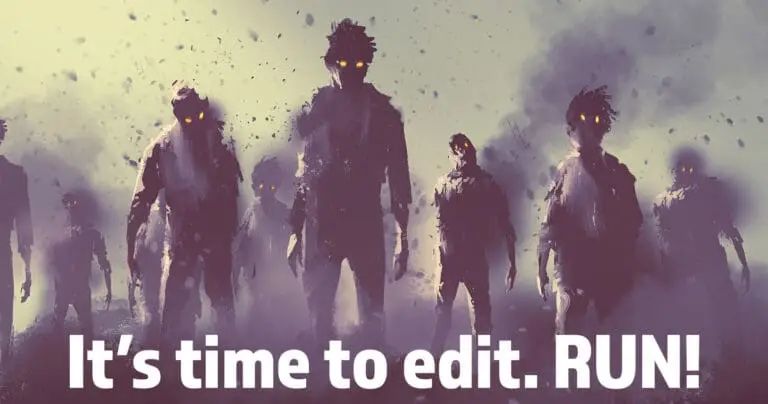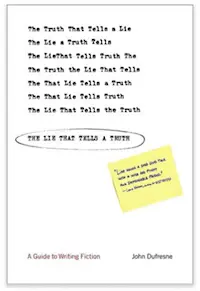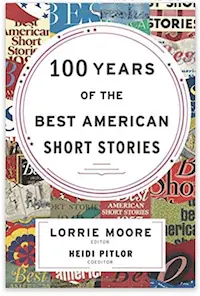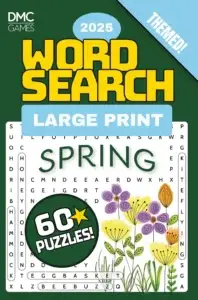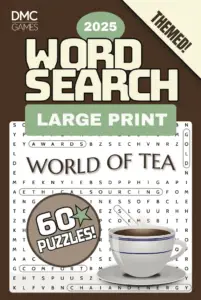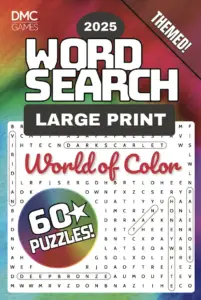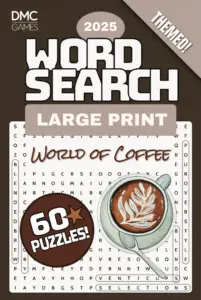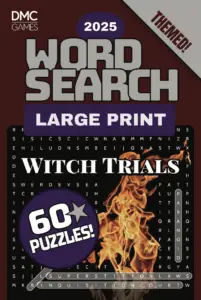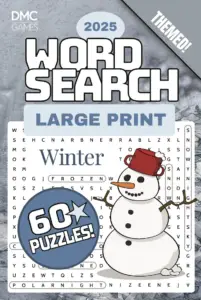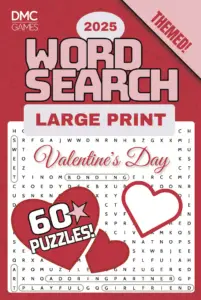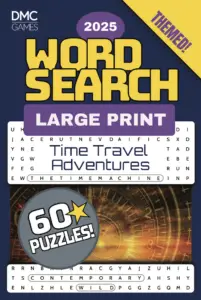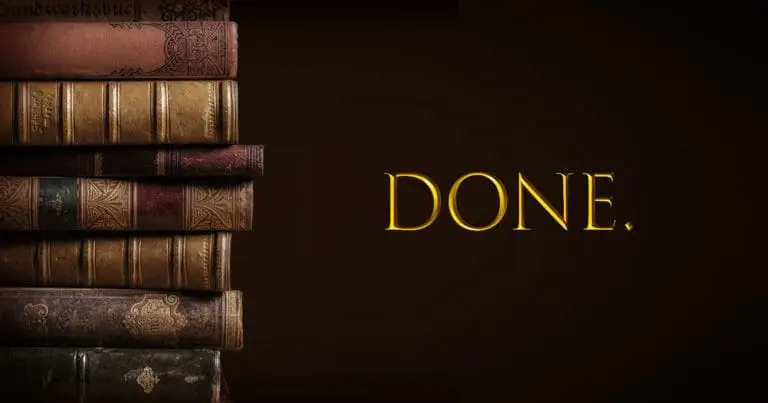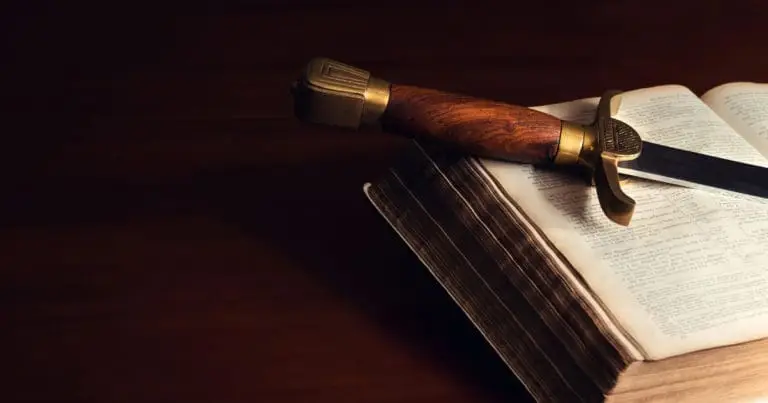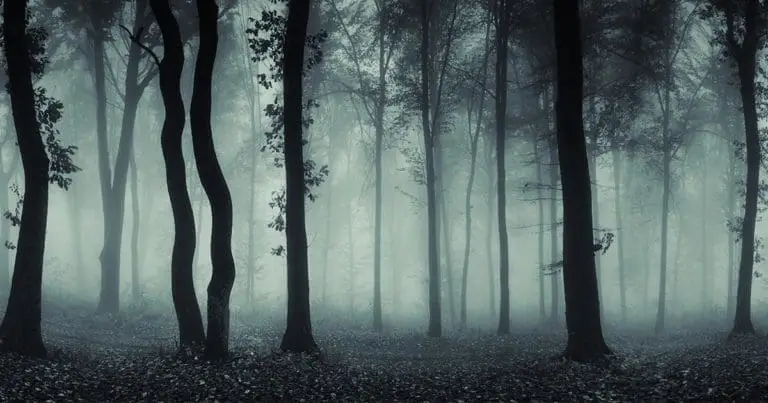Finally. I'd been looking forward to this class for over a year and it did not disappoint. I enrolled at Southern New Hampshire University to become a better writer. To my mind, everything so far either built up to this or was merely a delay. ENG-226 and ENG-340 had some great writing opportunities, but ENG-329 was the first class to focus exclusively on writing and peer workshops.
About ENG-329
To nobody's surprise, this is a course with a lot of writing. The first week has the course's only journal assignment, and each subsequent week has students drafting their work of fiction and participating in themed workshops. The first workshop comes in week three when students critique their peers' character sketches. The second is in week five when students critique the first draft of the story. Every week except four had a discussion.
One thing that disappointed me was the class size. The syllabus advertises the course as “a roundtable topic in which 10 to 15 students will write short or long fiction.” We had 21 students. That may not seem like a lot, but I believe that workshops should be kept small to encourage participants to engage with more people.
I had two great instructors in this course. Douglas Weissman took over for Michael Brien when Michael fell ill. I appreciated them both—even if the first thing Douglas did was dock me a few points on an assignment, ruining my perfect grade. My story had a severe defect; I was trying to be a bit too clever, and it just didn’t work. Douglas called it out in a more constructive way than I got from my peers in the workshop. The essential trait of a creative writing instructor is positivity. Coaxing the best work from a student requires as much positive commentary as critical, and both instructors were great about that.
The Textbooks
If you thought there would be no textbook for a workshopping course, you're not alone. I was surprised, too. Students in ENG-329 don't just write, they read.
Three books have inspired me to write or refreshed my desire to write. The first was Lawrence Block's 1981 book, Telling Lies for Fun and Profit (which I first read in the 1990s and is still wonderful despite being woefully out of date). Stephen King's On Writing was the second. The third is the textbook here, John Dufresne's The Lie That Tells a Truth. All three spoke to me in a way that other books on writing haven't. I bought the book in print and I'm glad I did; I know I'll be referring to it often. Dufresne's text was just the “how-to” portion of the reading for the course.
The Short Stories
We also read short stories (appropriately enough) from 100 Years of the Best American Short Stories. I've never been much of a lit fiction reader. Give me swords and magic and spaceships and murderbots. From this massive tome we read six stories:
- “Refresh, Refresh” — Benjamin Percy
- “Communist” — Richard Ford
- “Brownies” — ZZ Packer
- “The Semplica-Girl Diaries” — George Saunders
- “Babylon Revisited” — F. Scott Fitzgerald
- “The School” — Donald Barthelme
The first half of the list didn't really resonate with me. They're certainly great stories, as objectively as one can say that something is great, but I didn't care much for them. The trio from Saunders, Fitzgerald, and Barthelme made it all worthwhile, though. In particular, the bizarre format of “The Semplica-Girl Diaries” made a lot of my peers crazy, but I loved it. “The School” is the best story I've read at SNHU thus far. It's short at less than four pages, but it packs a lot into that space—and you can read it online at the above link.
The book is about $30 through the school or $20 through Amazon. It's a great value either way because we're using it again in ENG-349!
The Final Project
The story is called “Zilch,” and it came in slightly over budget. The rubric called for a story 6–8 pages long and mine was 12. Here's the thing, though. At a standard average of 250 words per page, 6–8 pages are just 1,500–2,500 words. That's on the short side of “short story!” My word count was 3,444 and admittedly, an editor would likely cut about ten or twenty percent, if not more.
Got an A.
I'm not going to share it here, but I may post it to my library at some point. I would like to submit it to the school's Fall Fiction Contest (although I'll have to cut it down to 1,500 words), and should it do well there, I may try to sell it. If it doesn't, and I don't, perhaps I'll revise it a time or two and then post it here.
The course had a second final project that took the form of a reflective essay—no different than many other classes and completely unnoteworthy.
Advice for Students Registering for ENG-329 at SNHU
The first draft of your story isn’t really the first draft. It is, at the very least, a second draft. Once you have the first draft down, you must—must—go through a round of line editing. Fix the spelling. Find the incorrect uses of “its” and “it’s.” Make sure your quotes and other punctuation marks are correct. Your peer critiques should focus on broad concepts like plot and characterization, and if you’re submitting a draft riddled with spelling and grammar errors, you’re making the process hard for your reviewer.
Be bold. Don’t wait for feedback to continue working on your story. Once you have the first pass complete, keep revising until the day it’s due. Incorporate feedback as you receive it. I remember what ENG-123 was like, and I still see people in Facebook groups complaining about not receiving feedback in time to do the next assignment. Don’t ever wait—not in that class, this class, or any other class. Keep going.
You’re going to get feedback that makes you think, “They just don’t get what I was doing.” Reject that thought. Really consider what your peers and your instructor are telling you. You will probably find that the problem is with the story, not the readers because your peers (like you) are almost certainly better readers than writers. Likewise, there's a balance between artistic vision and your instructor's feedback. Your instructor is probably, but not definitely, right at this stage in your writing career.
You don’t have to write a piece of literary fiction if you prefer genre tales, but it helps. The emphasis in this course is on character development, and you have 6–8 (or, um, 12) pages to give your character a complete arc in a compelling plot. You can’t spend three pages talking about starships, magic wands, or the lush vacation spots where your heroine meets the strapping young man she’ll be romancing. There's little room for worldbuilding, and the more fantastic the world, the more you'll have to explain it. By all means, write genre—but bear in mind the limitations of the assignment.
If you can take this course on its own, I recommend it. I've doubled-up on courses since my second term, and dearly wish I'd thought to take this one by itself. More on that in my post about rearranging my schedule.
In the End
Wonderful course, great instructors, great textbooks. Not crazy about the emphasis on literary fiction over genre, but what the hell, I'm used to it after a few decades of seeing genre treated as the inferior mode of storytelling.
Final Grade: A (99.2%)
That's it for the SNHU course recaps for a while! With this, I'm caught up to the present.

